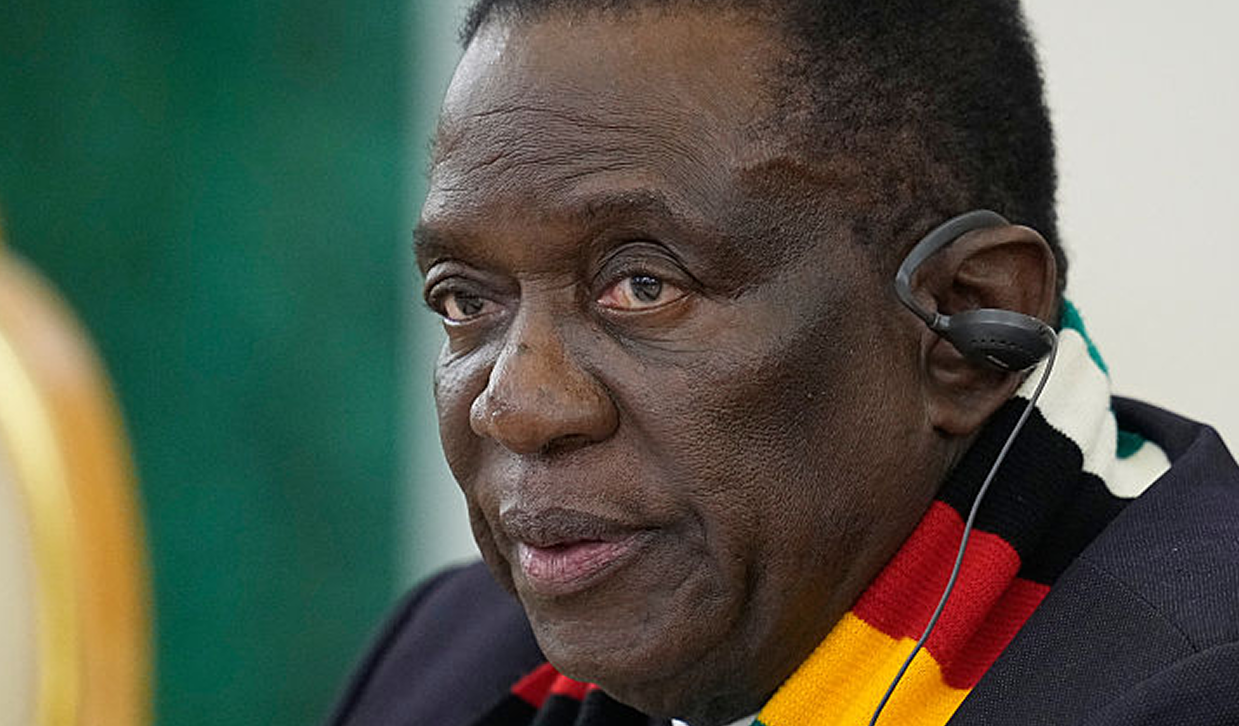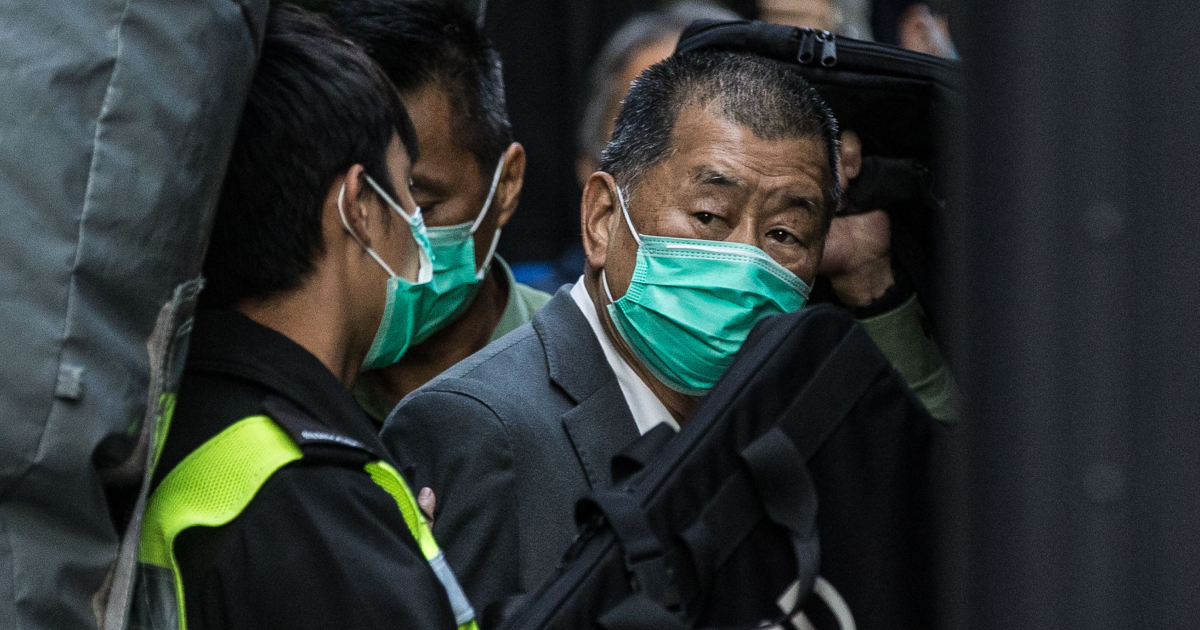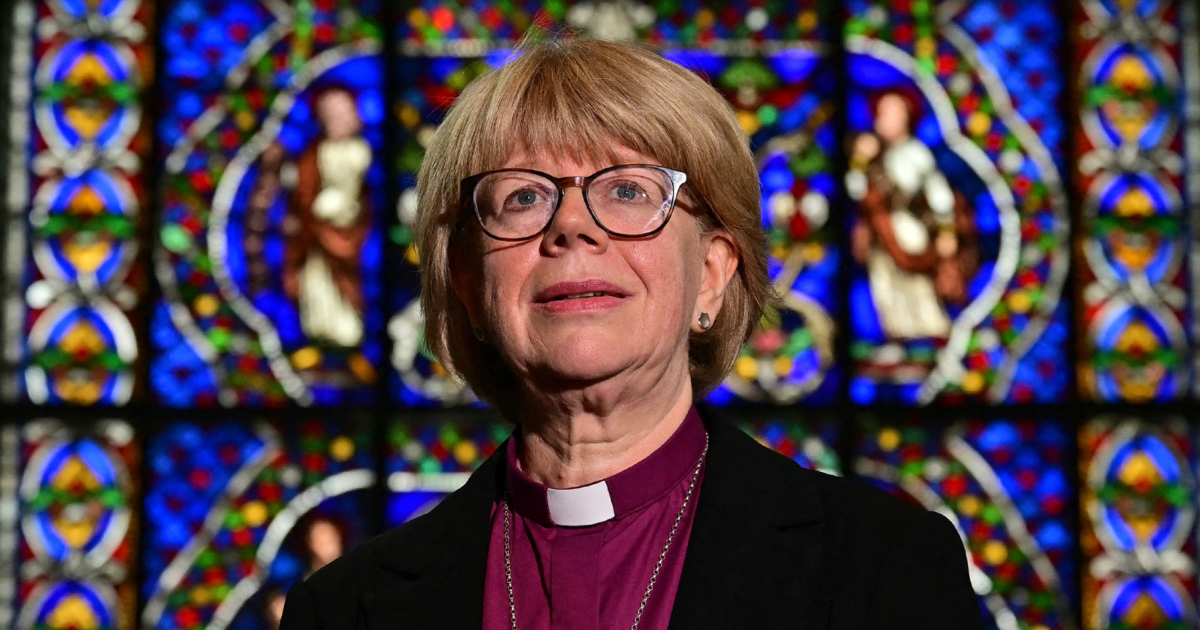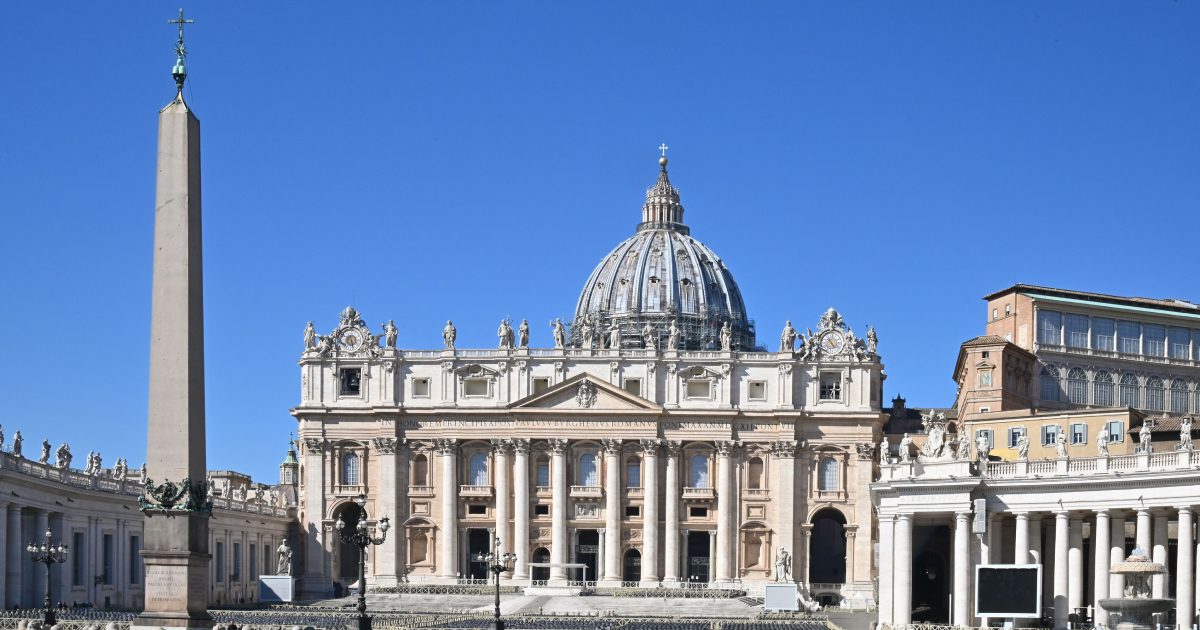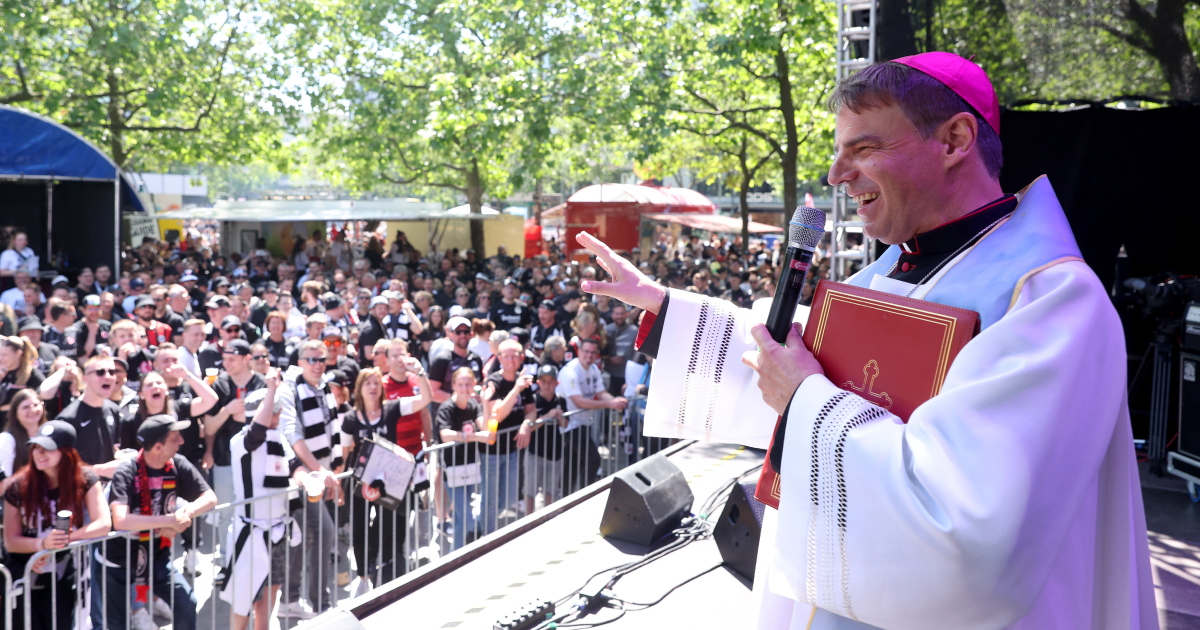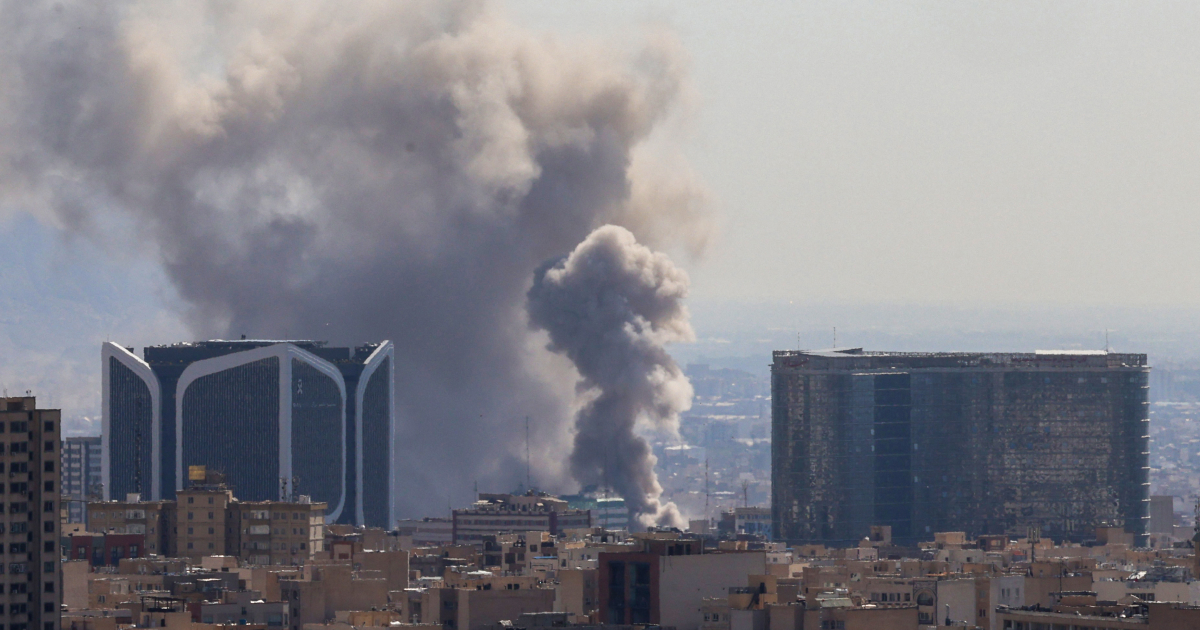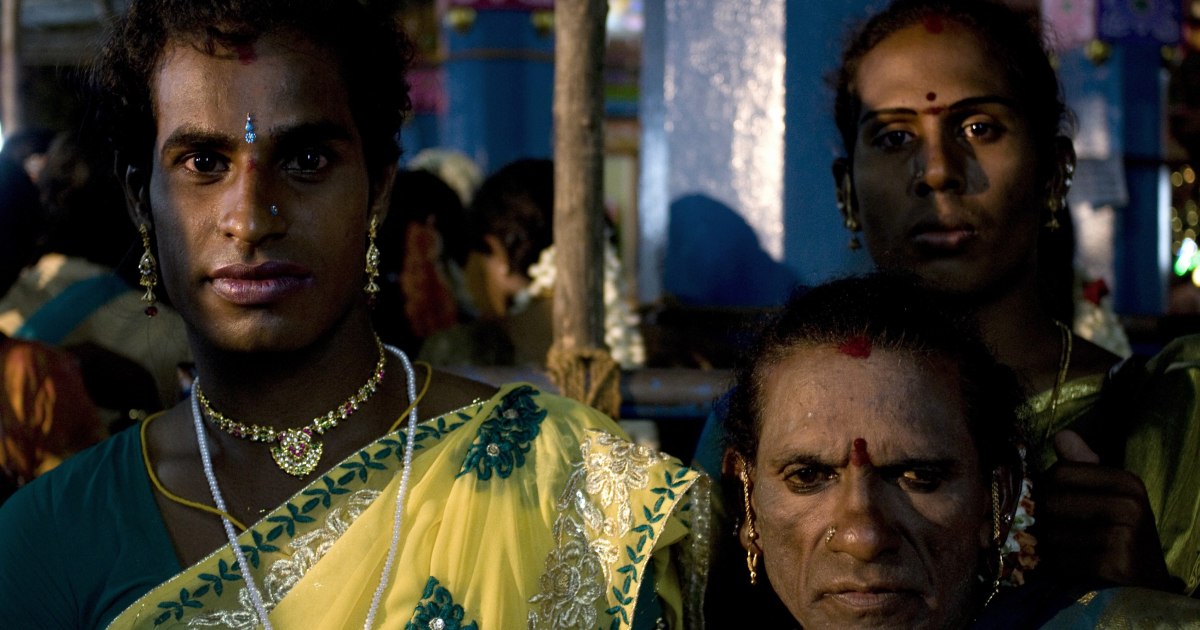Pope Leo XIV received President Emmerson Dambudzo Mnangagwa of Zimbabwe in a private audience at the Apostolic Palace, discussing among other things the important role the Catholic Church has played in the country, especially as it has struggled in recent decades.
The president met the Pope on Saturday, 30 August, and later held talks with Cardinal Pietro Parolin, the Secretary ofState, who was accompanied by Archbishop Paul Richard Gallagher, Secretary for Relations with States and International Organisations, according to a communiqué released by the Vatican Press Office.
The papal audience concluded with an exchange of gifts, after which President Mnangagwa departed the Apostolic Palace, ending his first official visit to Pope Leo XIV.
The discussions, described as cordial, focused on relations between the Holy See and Zimbabwe, with reference to the contribution of the Catholic Church in the fields of education and healthcare. Attention also turned to the political and socio-economic situation of the country, as well as regional questions concerning peace, dialogue and international cooperation.
The statement did not disclose further details of the closed-door meeting. However, Zimbabwe’s state broadcaster ZBC reported that the abolition of the death penalty in the country was expected to be among the topics raised during the exchange.
Zimbabwe is home to some 2.1 million Catholics, out of a population of more than 16 million, with the Church operating schools, hospitals and missions across the nation. The episcopal conference has played an active role in social development and humanitarian aid, particularly during years of economic crisis.
The country’s modern history is closely intertwined with Britain and with the Catholic Church. Formerly Southern Rhodesia, named after Cecil Rhodes, the territory became a self-governing British colony, before Southern Rhodesia unilaterally declared independence in 1965 under Prime Minister Ian Smith, establishing the state of Rhodesia.
A protracted guerrilla war followed, involving nationalist groups opposed to white minority rule. The Lancaster House Agreement of 1979 eventually paved the way for internationally recognised independence under the name of Zimbabwe in 1980. Robert Mugabe, leader of the Zimbabwe African National Union, became the country’s first prime minister and later its president.
Mugabe’s rule, lasting nearly four decades, was initially marked by efforts at reconciliation and development, but this then turned to mounting political repression, economic decline and human rights abuses. He was removed from power in 2017, with Mr Mnangagwa, his former deputy, subsequently becoming president.
Photo: Zimbabwe's President Emmerson Mnangagwa attends a meeting with the Russian president during celebrations of the 80th anniversary of the Soviet Union's victory over Nazi Germany in World War II, Moscow, Russia,10 May 2025. (Photo by PAVEL BEDNYAKOV/POOL/AFP via Getty Images.)





